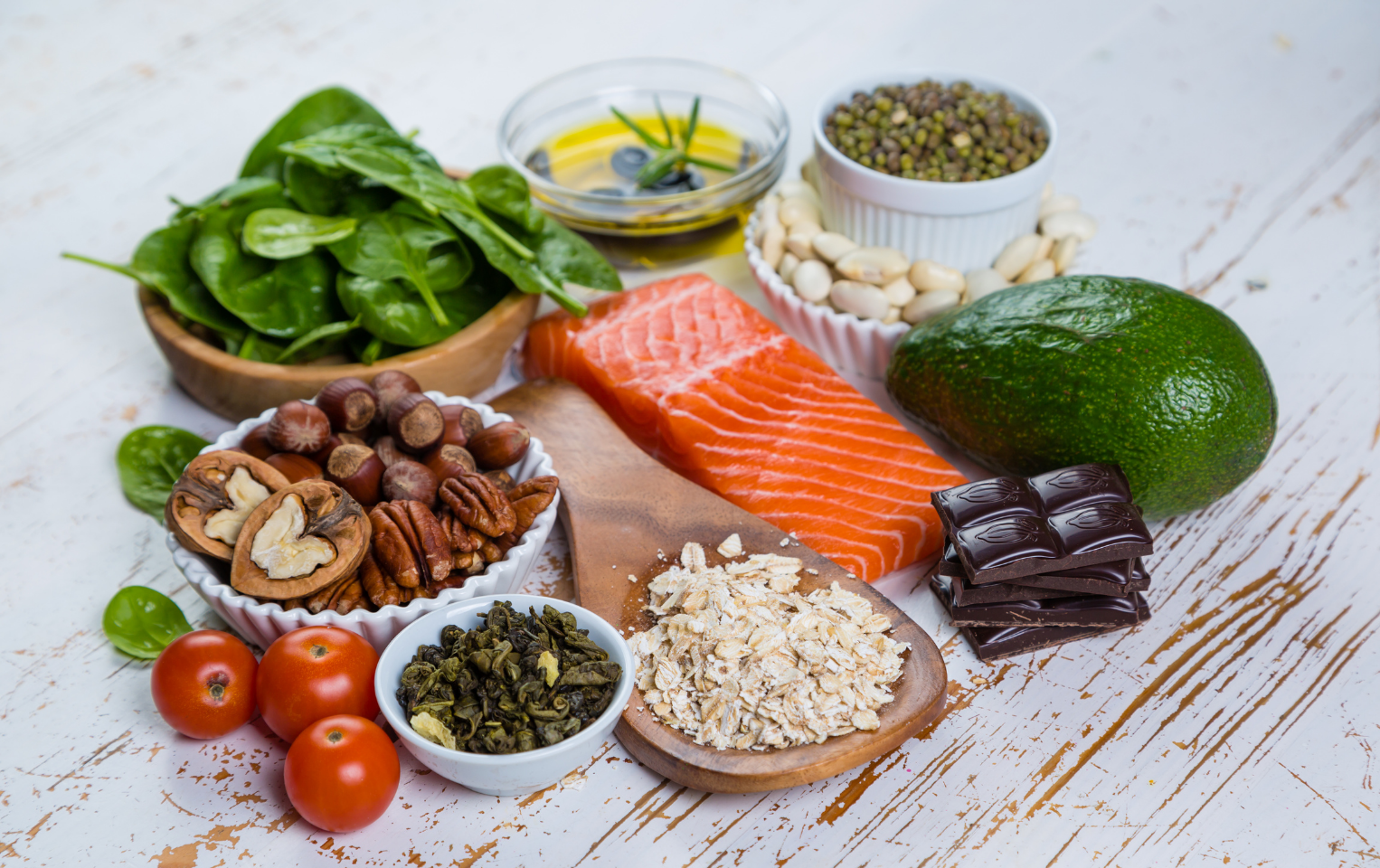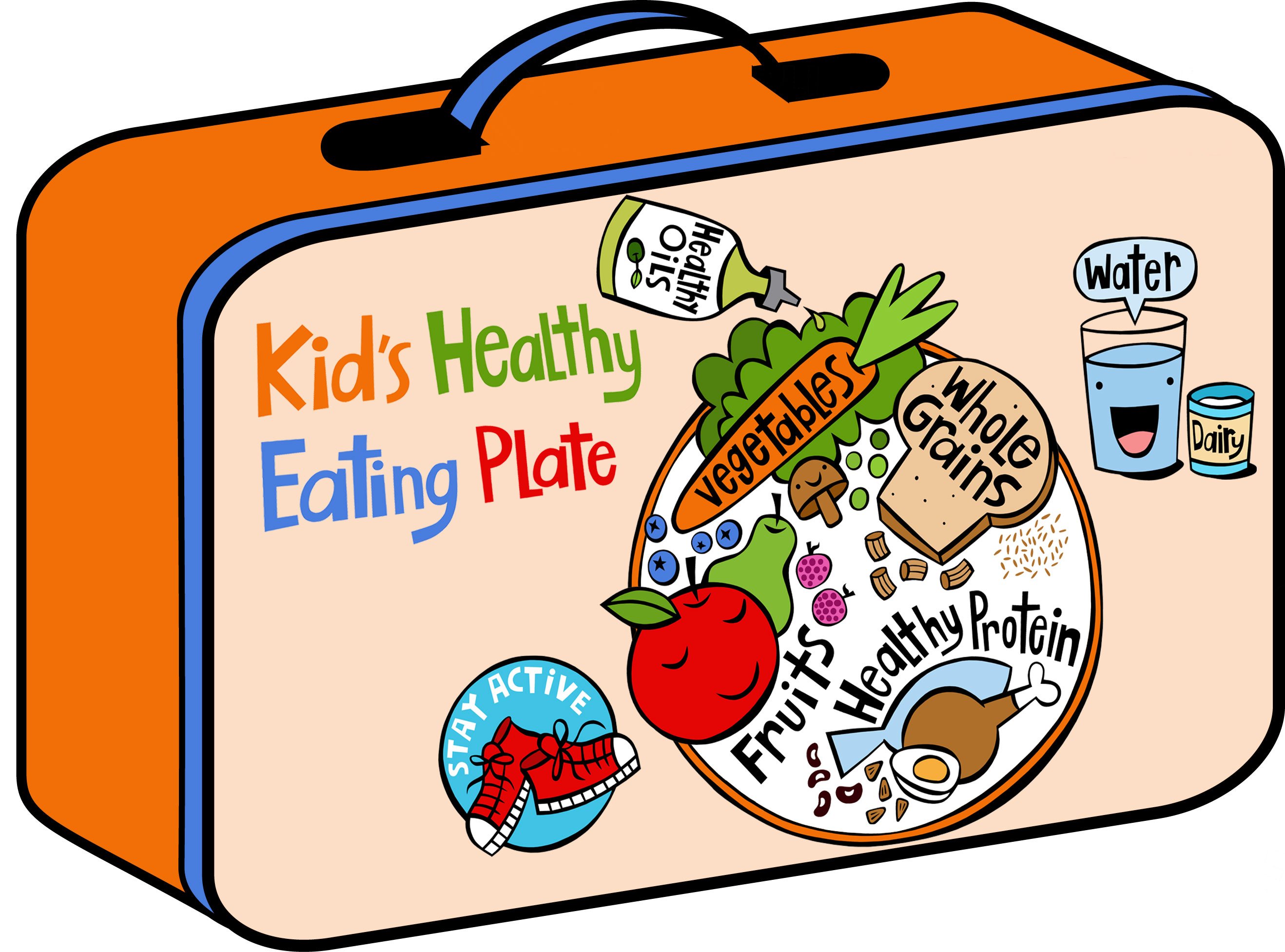Food and nutrition play a crucial role in maintaining a healthy lifestyle. Our choices about the food we consume directly affect our overall well-being and can impact our long-term health.
A well-balanced diet, which includes a variety of nutrient-rich foods, provides essential vitamins, minerals, and other beneficial compounds that our bodies need to function optimally. By understanding the importance of food and nutrition, we can make informed decisions about what we eat, ensuring that we meet our nutritional requirements and promote good health.
Whether choosing whole grains and lean proteins or incorporating more fruits and vegetables into our meals, making conscious choices about our diet can significantly impact our vitality and quality of life.

Credit: www.cloverhealth.com
Understanding Food And Nutrition
A healthy and balanced diet plays a crucial role in maintaining overall well-being. It provides the body with essential nutrients and energy to function optimally. A well-balanced diet consists of various foods from different food groups, including fruits, vegetables, whole grains, lean proteins, and healthy fats.
These foods offer a range of nutrients, such as vitamins, minerals, carbohydrates, proteins, and fats necessary for the body’s growth, development, and normal functioning. They also provide dietary fiber, which aids in digestion and helps prevent certain health conditions like constipation.
Understanding the importance of food and nutrition is critical to promoting good health. Proper nutrition supports the body’s immune system, helps maintain a healthy weight, reduces the risk of chronic diseases such as heart disease and diabetes, and improves overall productivity and focus. It is important to make mindful food choices and strive for a balanced intake of nutrients to support long-term health and well-being.
Tips For Achieving A Healthy And Balanced Diet
Introduce variety in your meals: One of the critical aspects of achieving a healthy and balanced diet is introducing variety. This means including a wide range of different foods from various food groups. Try to incorporate fruits and vegetables of different colors and types, as they provide a variety of essential nutrients.
Prioritize fruits and vegetables: Fruits and vegetables should be at the top of your list when planning your meals. They are rich in vitamins, minerals, and fiber and low in calories. Aim to fill at least half your plate with colorful produce at every meal.
Include whole grains and lean proteins: Whole grains such as brown rice, quinoa, and whole wheat bread should be a regular part of your diet. They provide complex carbohydrates, fiber, and essential nutrients. In addition, include lean proteins like chicken, fish, tofu, and legumes to provide the necessary amino acids for tissue repair and growth.
Limit processed and sugary foods: Processed and sugary foods are often high in unhealthy fats, added sugars, and calories but low in nutrients. Minimize your intake of these foods as much as possible to maintain a healthy diet.
Stay hydrated with water: Water is essential to a healthy diet. It helps digestion, regulates body temperature, and optimizes your skin and organs. Make sure to drink an adequate amount of water throughout the day to stay hydrated.
Maintaining A Healthy Relationship With Food
To maintain a healthy relationship with food, it’s important to practice mindful eating. This means listening to your body’s hunger and fullness cues, eating when starving, and stopping when you’re comfortably full. Avoiding restrictive diets and focusing on developing long-term healthy habits is also essential. Restrictive diets can lead to feelings of deprivation and may ultimately backfire, causing binges or a negative relationship with food. Instead, try to incorporate a well-rounded diet with various nutritious foods. If you’re unsure what foods are right for you, seeking professional guidance from a registered dietitian or nutritionist is always a good idea. They can provide personalized advice based on your individual needs and goals.

Credit: www.hsph.harvard.edu

Credit: www.cdc.gov
Frequently Asked Questions Of Food And Nutrition
What Are The 7 Nutrition In Food?
The seven essential nutrients in food include carbohydrates, proteins, fats, vitamins, minerals, fiber, and water. These nutrients are necessary for our body’s overall health and proper functioning.
What Is Diet Food And Nutrition?
Diet food refers to meals specially prepared to support weight loss or improve overall health. On the other hand, nutrition refers to the essential elements in food that our bodies need to function correctly.
What Is The Importance Of Food And Nutrition?
Food and nutrition are essential for maintaining good health, as they provide our bodies with the necessary nutrients, energy, and building blocks for growth and development. A balanced diet helps prevent diseases, boosts the immune system, improves mental clarity, and enhances overall well-being.
Is There A Food And Nutrition Level?
Yes, there is an A level for food and nutrition. It covers subjects related to food, health, and nutrition. It allows students to learn cooking skills, science-based nutrition studies, and food safety.
Conclusion
Eating a healthy diet and maintaining good nutrition is essential for overall well-being. By making informed food choices, we can fuel our bodies with the nutrients they need to thrive. Remember to focus on whole foods, including fruits, vegetables, lean proteins, and whole grains.
Prioritizing healthy eating habits is a lifelong journey that can improve our physical and mental health. So, start small, make gradual changes, and enjoy the benefits of a balanced and nutritious diet.